It all started on a Wednesday morning when I found the tumor. Just beforehand, I woke up early. I whipped up banana pancakes, jogged outside in the cool air, danced quietly in my living room and happily took note of the events on social media.
I was sticky, sweaty and smiling as I made my way to my room to get dressed for the day. What happened next wasn’t featured on my Instagram Stories. Rather, the discovery of a lump on my chest entered into another story—mine. After a trip to urgent care, a CAT Scan, a biopsy and days of agonizing waiting, I received a message.
You have rhabdomyosarcoma.
It came, not in a call nor from the mouth of a doctor across a wooden desk. Because of the understandably busyness of the pandemic, the sentence arrived in an email. I pressed the unfamiliar word with my index finger, holding it down long enough for the long line of letters to be copied and planted in the search bar.
Rhabdomyosarcoma is a rare cancer.
The word “cancer” is inherently heavy, carrying a sound of grief and trials. Cancer, in itself, is a battle, one that cannot be fought alone. There are a multitude of battles within it, too, making the disease feel more like a war.
Cancer, in itself, is a battle, one that cannot be fought alone.
Phone hot on my ear, I fought for hours on end with insurance, watching tears fall as I failed to make sense of the new jargon. I prepared for the upcoming battle of chemotherapy. On a cold, Friday afternoon, I combed through packets full of big words on medicines, rules and side effects.
Page 10 warned me: the treatment will make me nauseous. Flipping through the pages, I shook my head. It already has.
Not only is the word “cancer” weighty, but it rolls off the tongue like a boulder threatening to crush hopes, dreams and our bodies. At the sound of this word rolling into my story, people came running to me from all sides.
Whether by text, call, package, DM or doorstep visit, the sound of community echoed in my veins. I’m convinced a reminder of the brevity of life brings out the best in all people. At the awareness of another’s fragility, we remember our own. Somehow, in the same breath, our innate resilience is underlined.
A reminder of the brevity of life brings out the best in all people. At the awareness of another’s fragility, we remember our own.
You may be fighting a battle of your own today. I want you to know that you are not alone, and thank you for reading my story in the midst of your own. Your resilience is underlined and circled, too. You are evidence of present hope.
Getting diagnosed with cancer in the middle of a global pandemic is hard. I would be lying if I told you it wasn’t.
However, I would also not be telling you the truth if I did not say this: I am still dancing in my living room. The sound of cancer cannot overcome the song of hope my family is singing over me even still. Although I’m sick, I am still a dancer. I may have cancer, but cancer does not have me.
I may have cancer, but cancer does not have me.
How does the awareness of life’s fragility impact your perspective? How can we show up better for the people around us with this knowledge?
Image via We Are the Rhoads, Darling Issue No. 16
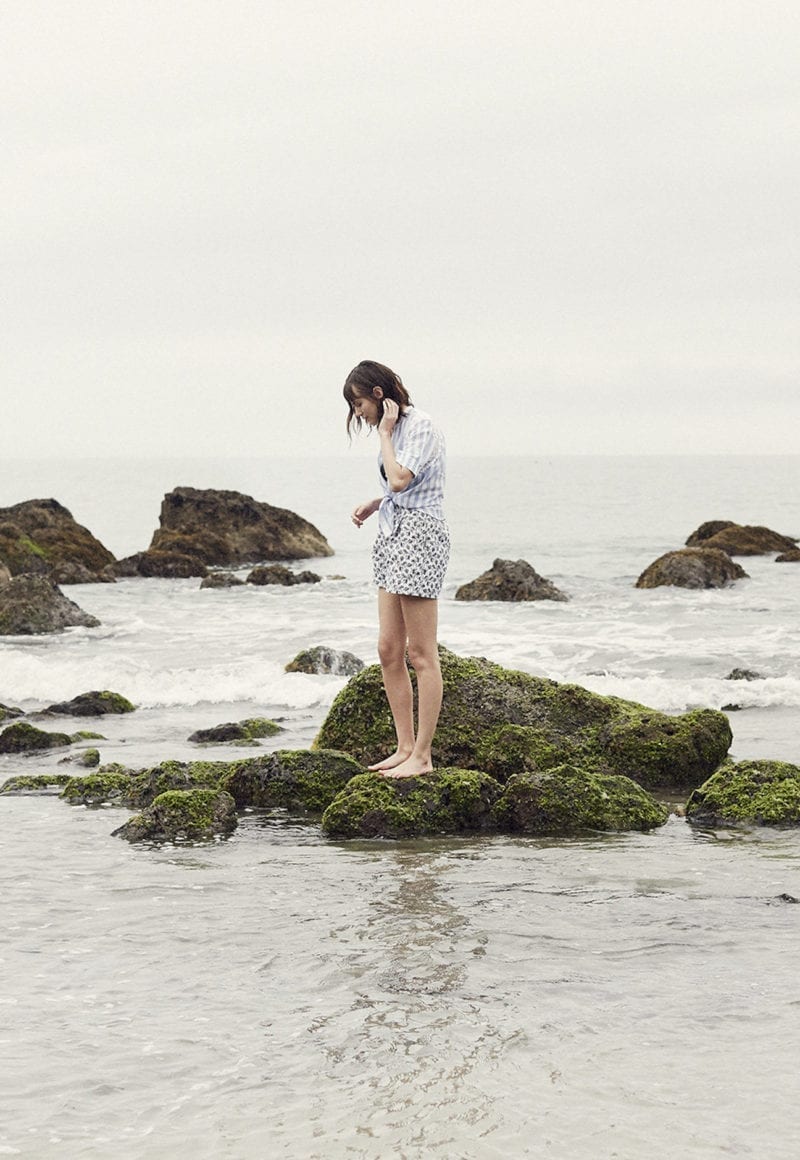
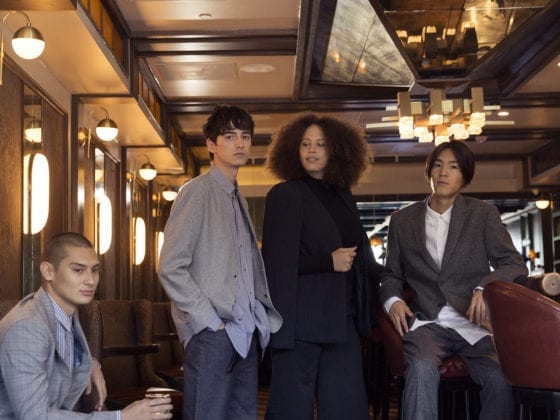
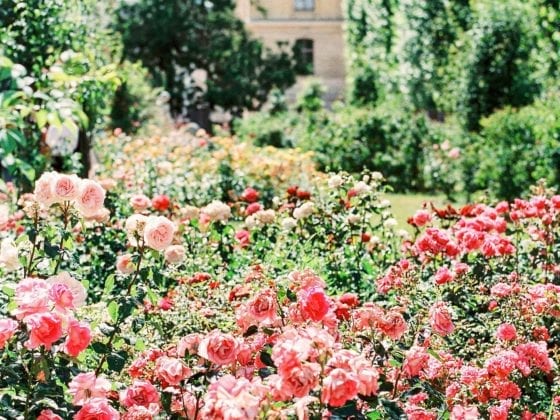

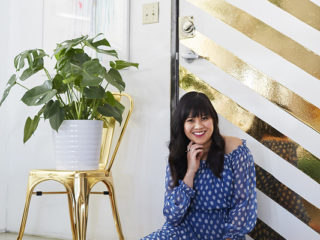
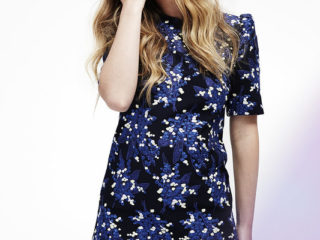
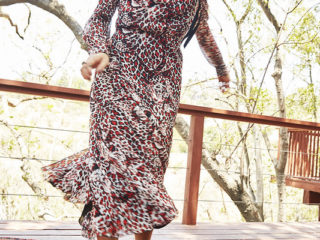

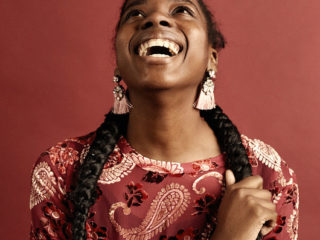

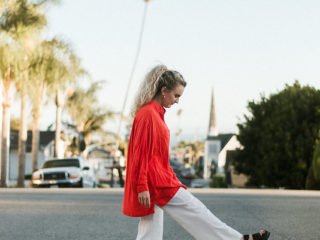
1 comment
Ashley, you are an inspiration. Your unending fight for joy amidst despair does not go unnoticed. Keep fighting, my friend. You are not alone.